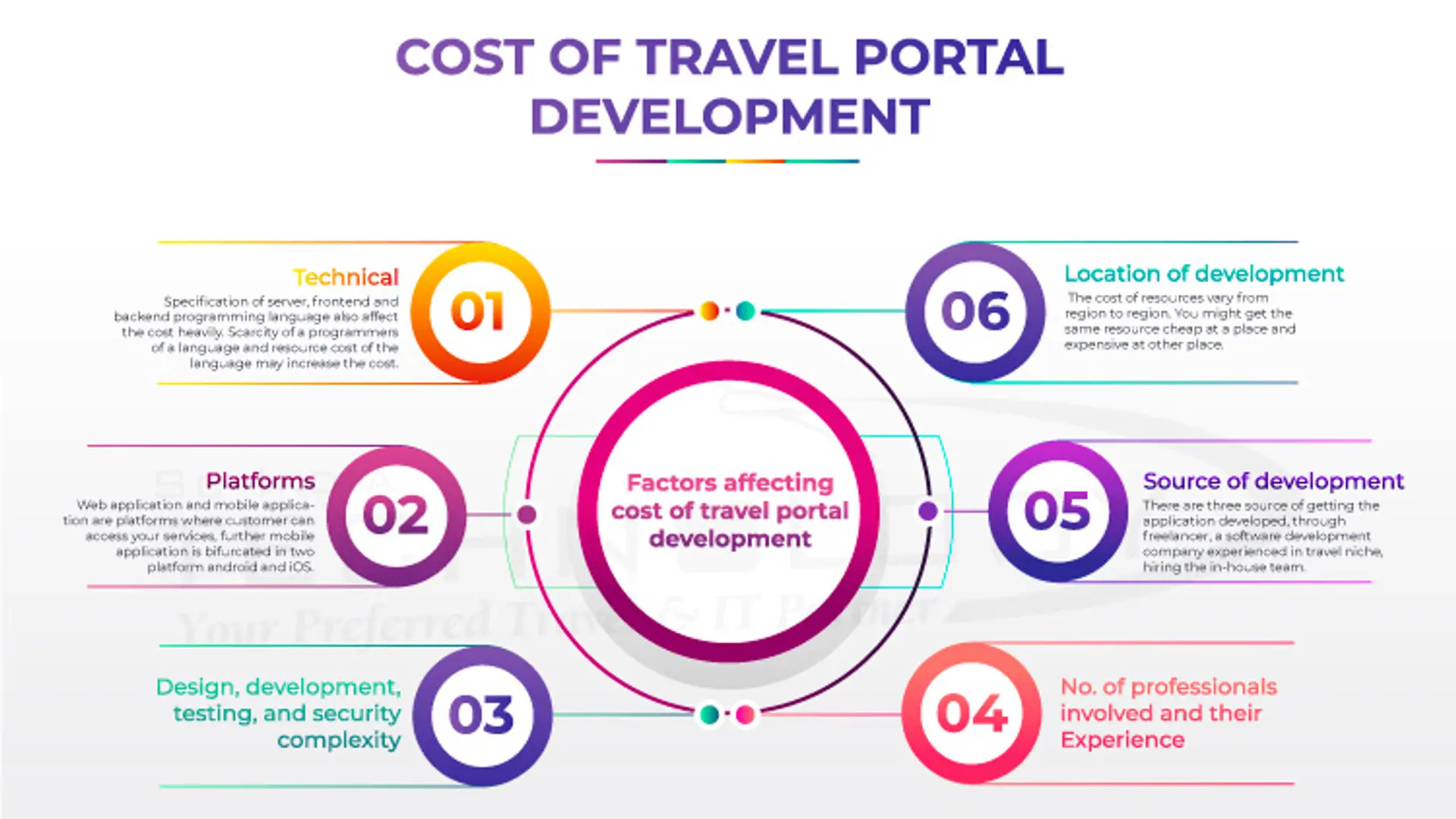

All About Graduate Record Exam - GRE
Here are the basic things to know before going to give a GRE exam.

What is the GRE?
Anybody aspiring to pursue their higher education abroad would have heard of the ‘GRE’. The full form of ‘GRE’ is Graduate Record Examination. It is a standardized test required by most universities offering Master’s and PhD programs in the US. Now however, other countries including Germany, UK, France have also started accepting GRE scores.
Nearly 1000+ business and graduate Schools across the globe consider GRE scores when evaluating for admissions. Regardless of your field of interest or specialization, the GRE General test comprises of three sections - Verbal Reasoning, Quantitative Reasoning and Analytical Writing sections.
Every year around five hundred thousand individuals take the GRE across 160 countries. The makers of the GRE exam are the Educational Testing Services or the ‘ETS’. In addition to the GRE General test, the ETS also designs GRE Subject tests - which tests your skill on a particular subject like mathematics, physics and several others.
Why is a good GRE Score important?
Being a standardized test, the GRE Exam helps to compare students from different backgrounds. You’ll see when you apply to universities that other applicants are going to be from extremely diverse backgrounds. It can be difficult to compare two candidates from two very different academic and cultural backgrounds. That is where the GRE comes in.
The GRE tests you on what some might call ‘basic’ skills - your ability to write, your quantitative reasoning skills (essentially math skills) and verbal reasoning which is essentially your English and communication skills.
These help to highlight what your raw abilities making it easier for them to make a comparison across people from different backgrounds. It goes without saying that if you get a good score, it will definitely help set you apart from other applicants.
There is one more factor to keep in mind- a good GRE Score helps compensate for any perceived shortcomings in your profile.
You might wish you’d done better in college or that you’d undertaken more projects - but these aren’t things you can change right now.
Time travel is not possible yet - but you can focus on getting the best score possible on your GRE to compensate for any shortcomings. Using the best GRE apps will also be very helpful in achieving you target score.
The GRE, in many ways, is the first step towards securing a good future.
What is a good GRE score?
Every year, GRE test-takers over the world ask themselves the following question– What is a good GRE score?
The thing to note is, most universities don’t look at total GRE scores. Instead, they look at but individual scores for Verbal and Quant. How good a GRE score is depends on the following factors:
- What individual percentiles you scored in on Verbal and Quant
- What kinds of GRE scores your desired programs are looking for
What are percentiles? Percentiles tell you what percentage of test takers scored lower than you - either on the test as a whole or on a particular section. The higher your GRE percentile is, the more impressive your score is.
Each year, ETS calculates individual percentiles for Verbal and Quant (as well as for Analytical Writing, though this score is separate from your total score).
Generally, you’ll want to get a higher score on the GRE section more closely related to your field. For example, if you’re applying to a Math PhD program, you’d want to aim for a higher Quant score.
So what percentiles are considered “good”?
Generally speaking, anything above the 50th percentile can be considered a good score, and anything above the 75th percentile can be considered a ‘great score’.
Ultimately though, you will also want to take into consideration what scores your universities are looking for.
What is tested on the GRE?
GRE Verbal Reasoning : consists of 3 types of questions: sentence equivalence; text completion; reading comprehension.
Don’t make the mistake of thinking the Verbal section is a test of your Vocabulary. While a good vocabulary is important, the GRE Verbal section is actually a test of your reasoning and critical thinking skills.
GRE Quantitative Reasoning : Consists of two types of multiple choice questions: quantitative comparison and problem solving. The test also consists of Numeric Entry questions where students have to provide their own answers.
The math tested is of a high-school level. That being said, you do need to have a strong grasp of the concepts being tested and you need to be able to work fast in order to do well on this section.
Finally, the GRE Analytical Writing Section tests you ability to present logical arguments in a coherent manner.






